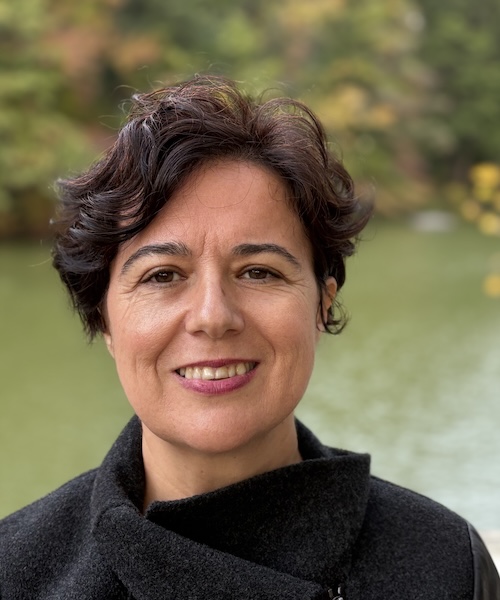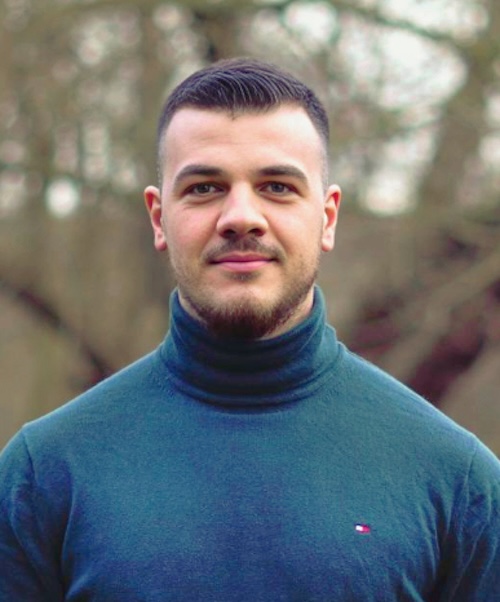In 2024, the Albanian government revealed its plans to create a Vatican-style Bektashi Muslim microstate during the UN Summit for the Future held in New York City. The Bektashi present in Albanian territories blend Sufi mysticism with local traditions, resulting in a syncretic and tolerant form of Islam that highlights inner spirituality over rigid religious conventions. Since 1925, when the Bektashi moved the world headquarters of the Bektashi order to Albania following the banning of Dervish orders in Turkey, the country has arguably become the spiritual and administrative center of global Bektashism.
The recent announcement of transforming the order into a microstate came with meager empirical detail, but some of its elements appeared in a high-profile New York Times article published the day before the UN event, and in follow up interviews with key political and religious stakeholders. The microstate, provisionally called The Sovereign State of the Bektashi Order, will occupy the Bektashi Order Headquarters in the Albanian capital of Tirana. Its organization will resemble the Vatican state in structure and function, with citizenship limited to clergy and administrators. The spiritual leadership of the order will serve as a dual religious and administrative executive while certain institutional and practical affairs will be supervised by an internal council. The Muslim structure will allow use of alcohol, let women wear what they want, and avoid strict lifestyle rules. Other specific details are being hammered out by a government-led commission in collaboration with the Bektashi order administrators.
The international announcement of the Muslim microstate, even before it was introduced or debated in Albania proper, is a showcase of Albania’s small state foreign policy, involving the strategic use of religious heritage and historical highlights to project its religious soft-power in the international arena. The junction of revived post-communist foreign policy and historical heritage consists in using specific experiences and highlights—Muslims’ protection of Jews during WWII, sheltering of Afghans escaping the Taliban government, the role of Albanian nun Mother Theresa, the historical phenomena of Albanian moderate Islam, and the country’s general experience of religious tolerance. The transformation of the Muslim Bektashi order into a sovereign state, displayed as “a center of moderation, tolerance and peaceful coexistence” fits into, and capitalizes on, that junction of revamped foreign policy and utility of historical baggage.
Albania’s post-communist foreign policy has emphasized the historical narrative of religious tolerance and peaceful co-existence to position the country as an international interlocutor in global peace initiatives. A Muslim-majority and multi-religious country, it incorporates a Sunni majority (45.8%), Bektashis (4.8%), Roman Catholics (8.4%) and Eastern Orthodox (7.2%) as its main religions. The country has indeed shown a remarkable resilience of religious tolerance and cohabitation throughout different historical periods and regimes. That historical background is rather exceptional when compared to many Muslim-majority countries, and the bloody ethnic strife seen elsewhere in the Balkans.
Such a legacy has certainly been useful in crafting Albania’s international role of mending civilizational divides and contributing to religious peace initiatives as the country purports to do. It also lends itself to specific devices and solutions in facing global challenges by building a “sense of togetherness,” and “collective responses”—all prominent features of Albania’s revived foreign policy. By projecting its historical experience as a global model of religious peace to emulate, the country offers its own cultural, institutional, and policy solutions, which carry especially important geopolitical weight in the current context of cultural, religious, and sectarian conflicts.
The Bektashi religious ideology and practice itself is an important ingredient in Albania’s legacy of multi-religious tolerance, as well as the suggested solutions to religious peace. Some of the features of Bektashism—downplaying of outer religious conventions, syncretic beliefs, esoteric teachings, emphasis on spiritual meaning and private practices, openness to religious diversity, gender inclusivity in certain rituals, and, in general, the flexible interpretation of Islamic doctrine—suggest a distinctly liberal form of Islam. Their syncretic worldview also allows for an integration of Sufi mysticism with local customs, creating an adaptable form of Islam apt to modern interpretations of religious freedom and human rights.
In this sense, the Bektashi ethos functions as a spiritual path but also as a strategic historical asset in Albania’s efforts to present itself as a beacon of moderate Islam. Per the Albanian prime minister, the Bektashi microstate would provide a liberal counter-narrative to the stigma surrounding Muslims: “We should take care of this treasure…Do not let the stigma of Muslims define who Muslims are.” Per the leader of the Bektashi order, Baba Mondi, the proposed enclave would serve as a sovereign space reimagined through the Bektashi perspective of liberal spirituality. He also suggests teaching Albanian-style moderation and openness of religious practice rather than an isolated theocracy, when asserting: “…we are peace-loving, kind-hearted, we want to educate people, so that there is knowledge and not ignorance.”
According to Baba Mondi, achieving sovereignty would protect the order’s religious independence and ensure it remains a force for moderation while strengthening its ability to promote Bektashi values on a global scale and counter radical ideologies that have affected the Muslim world and the international community. With the greater recognition that comes from a sovereign state, the Bektashi order would be better positioned to expand its educational programs, foster interfaith dialogue, and actively contribute to a global narrative of tolerance and moderation.
Distinguishing the Bektashi order as the country’s unique cultural and historical asset and ideological favorite, however, goes against the very institutional safeguards that have enabled the experience of religious co-existence: the so called traditional model, first established during the consolidation of the Albanian post-Ottoman independent state. The model insists on the separation and banishing of religious influences from the public sphere, close collaboration between state and religion under the supervision of the state, and equal treatment of all four religious communities—institutional devices that are now challenged by the elevation of one specific community to sovereign status and the institutional and ideological privileges it entails.
The peril of government-led religious promotion, where the state intervenes to establish the standing of a specific religious group, moreover, can trigger resentment among other groups, particularly the Sunni majority, and exacerbate perceptions of injustice, while threatening the foundations of religious harmony. The Muslim Community of Albania—the central organization representing the Sunni majority—has criticized the very ideological background of the initiative: Islam is “a universal religion based on the Quran and Prophetic Tradition as much as it respects the constitution and laws wherever it belongs” (translated from Albanian by the author). Importantly, political favoritism and the actual or perceived hierarchy of specific ideologies and structures tend to delegitimize state institutions in the eyes of those that feel excluded or marginalized. Specifically, if and when the Bektashi order is selected as a guardian of national heritage and principle of tolerance, other Muslim groups may find it harder to accept the nation as their own, their state as an equal arbiter and/or state-church relations as an equal playing field. As such, the proposal could also initiate a new and more fraught phase in the relationship between state and religion, particularly as the state navigates a fine line between recognition and privilege, heritage and hierarchy, and tradition and geopolitics.


